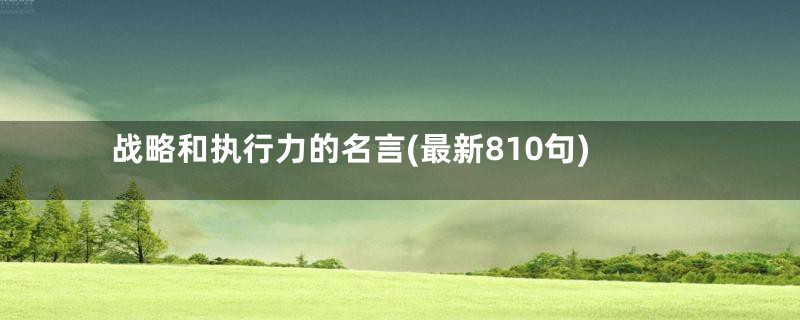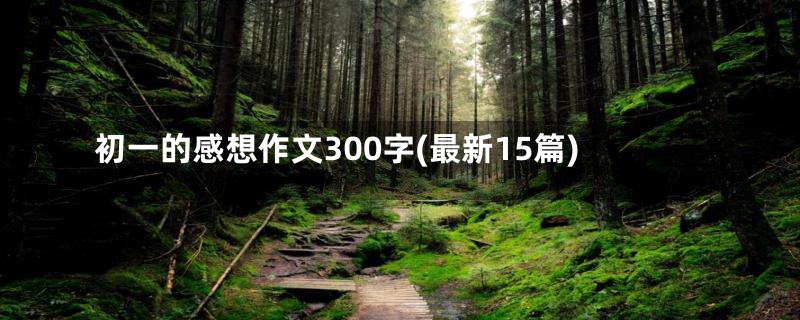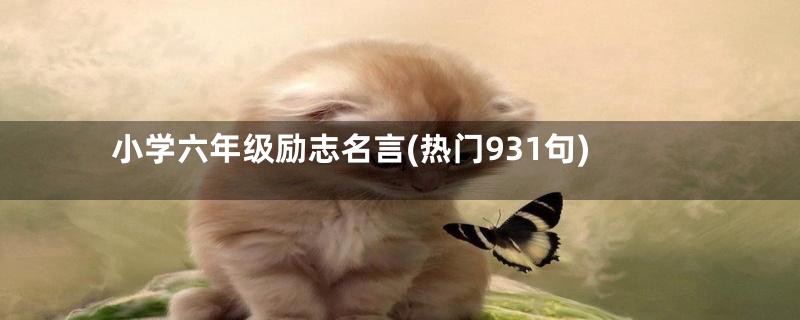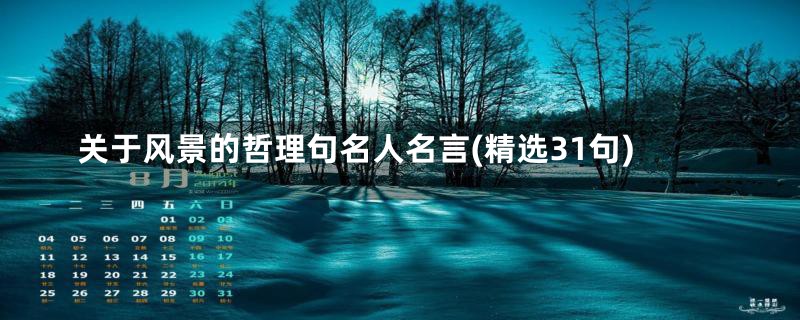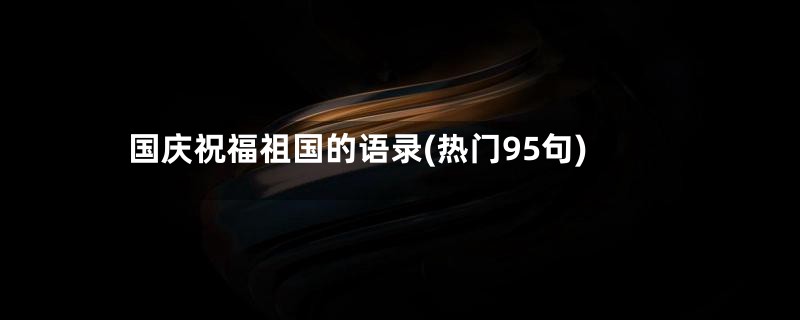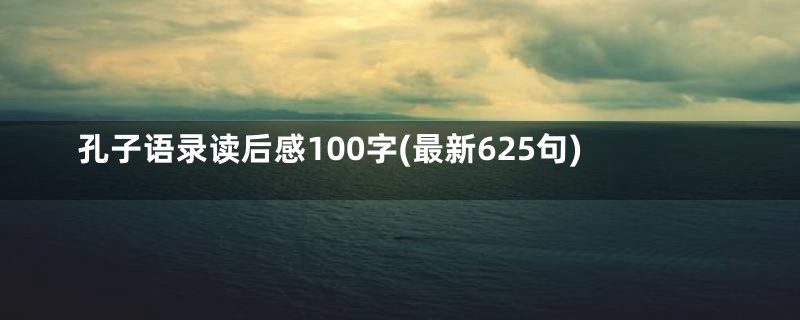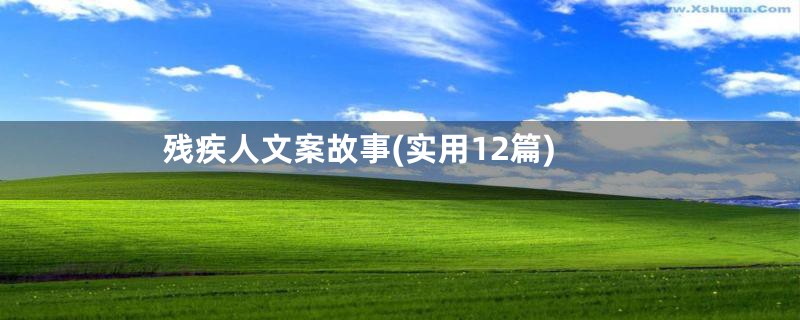乔布斯演讲的第三个故事是 第1篇
And 17 years later I did go to college. But I naively chose a college that was almost as expensive as Stanford, and all of my working-class parents’ savings were being spent on my college tuition. After six months, I couldn’t see the value in it. I had no idea what I wanted to do with my life and no idea how college was going to help me figure it out. And here I was spending all of the money my parents had saved their entire life. So I decided to drop out and trust that it would all work out OK. It was pretty scary at the time, but looking back it was one of the best decisions I ever made. The minute I dropped out I could stop taking the required classes that didn’t interest me, and begin dropping in on the ones that looked interesting.
It wasn’t all romantic. I didn’t have a dorm room, so I slept on the floor in friends’ rooms, I returned Coke bottles for the 5¢ deposits to buy food with, and I would walk the 7 miles across town every Sunday night to get one good meal a week at the Hare Krishna temple. I loved it. And much of what I stumbled into by following my curiosity and intuition turned out to be priceless later on. Let me give you one example:
Reed College at that time offered perhaps the best calligraphy instruction in the country. Throughout the campus every poster, every label on every drawer, was beautifully hand calligraphed. Because I had dropped out and didn’t have to take the normal classes, I decided to take a calligraphy class to learn how to do this. I learned about serif and sans serif typefaces, about varying the amount of space between different letter combinations, about what makes great typography great. It was beautiful, historical, artistically subtle in a way that science can’t capture, and I found it fascinating.
None of this had even a hope of any practical application in my life. But 10 years later, when we were designing the first Macintosh computer, it all came back to me. And we designed it all into the Mac. It was the first computer with beautiful typography. If I had never dropped in on that single course in college, the Mac would have never had multiple typefaces or proportionally spaced fonts. And since Windows just copied the Mac, it’s likely that no personal computer would have them. If I had never dropped out, I would have never dropped in on this calligraphy class, and personal computers might not have the wonderful typography that they do. Of course it was impossible to connect the dots looking forward when I was in college. But it was very, very clear looking backward 10 years later.
Again, you can’t connect the dots looking forward; you can only connect them looking backward. So you have to trust that the dots will somehow connect in your future. You have to trust in something — your gut, destiny, life, _, whatever. This approach has never let me down, and it has made all the difference in my life.
My second story is about love and loss.
I was lucky — I found what I loved to do early in life. Woz and I started Apple in my parents’ garage when I was 20. We worked hard, and in 10 years Apple had grown from just the two of us in a garage into a $2 billion company with over 4,000 employees. We had just released our finest creation — the Macintosh — a year earlier, and I had just turned 30. And then I got fired. How can you get fired from a company you started? Well, as Apple grew we hired someone who I thought was very talented to run the company with me, and for the first year or so things went well. But then our visions of the future began to diverge and eventually we had a falling out. When we did, our Board of Directors sided with him. So at 30 I was out. And very publicly out. What had been the focus of my entire adult life was gone, and it was devastating.
I really didn’t know what to do for a few months. I felt that I had let the previous generation of entrepreneurs down — that I had dropped the baton as it was being passed to me. I met with David Packard and Bob Noyce and tried to apologize for screwing up so badly. I was a very public failure, and I even thought about running away from the valley. But something slowly began to dawn on me — I still loved what I did. The turn of events at Apple had not changed that one bit. I had been rejected, but I was still in love. And so I decided to start over.
乔布斯演讲的第三个故事是 第2篇
我17岁的时候读到过一句话“如果你把每一天都当作最后一天过,有一天你会发现你是正确的”。这句话给我留下了深刻的印象。从那以后,过去的33年,每天早上我都会对着镜子问自己:“如果今天是我的最后一天,我会不会做我想做的事情呢?”如果连着一段时间,答案都是否定的的话,我就知道我需要改变一些东西了。
提醒自己就要死了是我遇见的最大的帮助,帮我作了生命中的大决定。因为几乎任何事——所有的荣耀、骄傲、对难堪和失败的恐惧——在死亡面前都会消隐,留下真正重要的东西。提醒自己就要死亡是我知道的最好的方法,用来避开担心失去某些东西的陷阱。你已经赤裸裸了,没有理由不听从于自己的心愿。
大约一年前,我被诊断出患了癌症。我早上七点半做了扫描,清楚地显示在我的胰腺有一个肿瘤。我当时都不知道胰腺是什么东西。医生们告诉我这几乎是无法治愈的,我还有三到六个月的时间。我的医生建议我回家,整理一切。在医生的辞典中,这就是“准备死亡”的意思。就是意味着把要对你小孩说十年的话在几个月内说完;意味着把所有东西搞定,尽量让你的家庭活得轻松一点;意味着你要说“永别”了。
我整日都想着那诊断书的事情。后来有天晚上我做了一个活切片检查,他们将一个内窥镜伸进我的喉咙,穿过胃,到达肠道,用一根针在我的胰腺肿瘤上取了几个细胞。我当时是被麻醉的,但是我的妻子告诉我,那些医生在显微镜下看到细胞的时候开始尖叫,因为发现这竟然是一种非常罕见的可用手术治愈的胰腺癌症。我做了手术,现在,我痊愈了。
▲“求知若饥,虚心若愚”
这是我最接近死亡的时候,我也希望是我未来几十年里最接近死亡的一次。
这次死里逃生让我比以往只知道死亡是一个有用而纯粹书面概念的时候更确信地告诉你们,没有人愿意死,即使那些想上天堂的人们也不愿意通过死亡来达到他们的目的。但是死亡是每个人共同的终点,没有人能够逃脱。也应该如此,因为死亡很可能是生命最好的发明。它去陈让新。现在,你们就是“新”。但是有一天,不用太久,你们又会慢慢变老然后死去。
抱歉,这很戏剧性,但却是真的。你们的时间是有限的,不要浪费在重复别人的生活上。不要被教条束缚,那意味着会和别人思考的结果一块儿生活。不要被其他人的喧嚣观点掩盖自己内心真正的声音。你的直觉和内心知道你想要变成什么样子。所有其他东西都是次要的。
我年轻的时候,有一份叫做《完整地球目录》的好杂志,是我们这一代人的圣经之一。它是一个叫斯纠华特·布兰的、住在离这不远的曼罗公园的家伙创立的。他用诗一般的触觉将这份杂志带到世界。
那是六十年代后期,个人电脑出现之前,所以这份杂志全是用打字机、剪刀和偏光镜制作的。有点像软皮包装的google,不过却早了三十五年。它理想主义,全文充斥着灵巧的工具和伟大的想法。斯纠华特和他的小组出版了几期“完整地球目录”,在完成使命之前,他们出版了最后一期。
那是七十年代中期,和你们差不多大。最后一期的封底是一张清晨乡村小路的照片,如果你有冒险精神,可以自己找到这条路。下面有一句话,“保持饥饿,保持愚蠢”。这是他们的告别语,“求知若饥,虚心若愚”。我常以此勉励自己。现在,在你们即将踏上新旅程的时候,我也希望你们能这样。
乔布斯演讲的第三个故事是 第3篇
当我年轻的时候,有一本很棒的出版物叫做《全球概览》,它是我们这一代人的圣经之一。 它是由离这里不远的门洛帕克的一个名叫斯图尔特·布兰德的人创造的,他用诗意的笔触使它栩栩如生。 那是在 1960 年代后期,那时还没有个人电脑和桌面出版,所以都是用打字机、剪刀和宝丽来相机制作的。 它有点像平装本形式的谷歌,比谷歌出现早了 35 年:它是理想主义的,充满了简洁的工具和伟大的想法。
斯图尔特和他的团队出版了几期《全球概览》,然后当它完成后,他们出版了最后一期。那是 20 世纪 70 年代中期,我和你一样大。 在他们最后一期的封底是一张清晨乡间小路的照片,如果你喜欢冒险,你可能会发现自己搭便车的那种。 下面是这样的话:“保持饥饿,保持愚钝。 这是他们签字时的告别信息。 保持饥饿, 保持愚钝。 我一直希望自己能做到这一点。 而现在,当你毕业重新开始时,我希望你也能如此。

